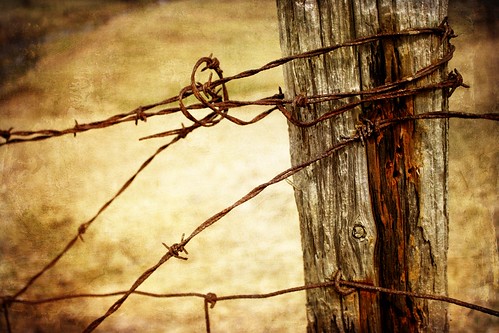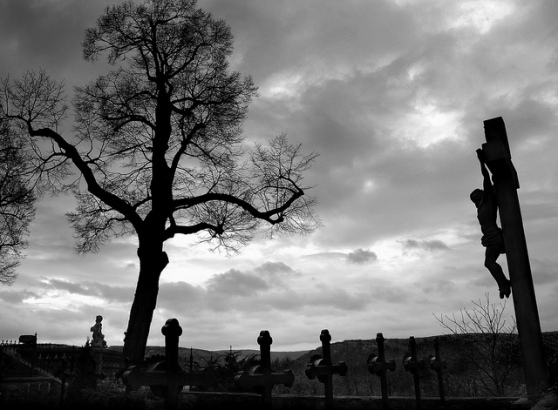So watch yourselves!
If [a kin] sins, rebuke that person; then if there is repentance, forgive. Even if that [brother/sister] wrongs you seven times a day and each time turns again and asks forgiveness, you must forgive.
Luke 17 (New Living Translation)
A young generation ago, White Evangelicalism came in contact with a firestorm of a soft-patriarchalist movement called Promise Keepers. Football stadiums were rented out and filled with men – all and only men – who would hear speeches by other men, mostly white about the need to redeem and reconcile. Men, we were told, need to redeem our rightful places as strong-but-gentle leaders in the household and the workplace. This wouldn’t be a redemption, of course, but merely a nicer-clothed pushback against the full humanity of women that the conservative church and religious right had been waging since the 1960’s. We can and should talk about the gender-segregated and what Sarah Moon refers to as Benevolent Sexism church modus later, but I want to focus on the reconciliation aspect.
At Promise Keepers events, White men were told – and rightly – that an unaccountable sin was of being distant from their brothers of color (notice that their is no intersection here. This is about what they considered the primary relationship, men-to-men). Tearful white men were challenged to turn to their black and brown brothers and seek forgiveness for racial sins that the White men never caught owned up to, never quite understood. But now they had the added benefit of making instant friends with people of another race and having their consciences wiped clean of corporate wrong-doings. So, White Evangelical men could go around saying “I have black friends!” while voting against the interests of their black friends. They could still push for incarceration and criminalization of black men; they could punish black women and families through welfare reform and slut-shaming; they could continue to marginalize Asian Americans by using them as Model Minority pawns against Latin@ and African Americans and, ultimately, against themselves; they could continue the eternal undergrounding of Latin@ communities; they can continue mascoting and erasing Native communities.
While heaping praise upon themselves for welcoming non-Whites to worship and barbecue with them, White evangelicals could talk a big game about the work they’ve done to “bridge the gap” between White and “minority” peoples, but the only gap jumped was by the non-Whites. Whites have made no effort to de-center themselves, to weep where the sufferers weep, to grieve over and when oppressed people grieve, to join. Rather, under the auspices of “community” and “unity” White people put Black, Brown, and AAPI peoples in the situation of having to conform to White normalcy.
White normalcy, by the way, isn’t restricted to Fundamentalist or Evangelical situations. White normalcy is the underlying identity in a White Supremacist structure, in which most of the world under Euro-colonialism exists. So progressives (of the political and Christo-theological variety), liberals, Marxists, libertarians, all have to resist the dominant racism gene that places white people and white narratives and themes at the center even when talking about issues important to People of Color. And, let’s be straight, that is not happening a lot.
So, basically, White Christians are demanding that Christians of Color meet White Christians on White Christian ground, worship at a White Cross, come under a White Jesus.
As Amaryah Shae points out, the very notion of Christian racial reconciliation is flawed because it is always on White terms.
But Christian reconciliation, I argue, favors the dominant because it sees reconciliation and not justice as the virtue. Reconciliation theology holds that if two are separate, the separateness must be a sin in itself and the priority needs to be in removing the separation. Much of this comes from a bad reading of the Luke 17 passage above, somehow removing the very important prerequisite of repentance.
Additionally, it rips the forgiveness from its broader context. One socially above us who continues to berate, humiliate, and strike is not kin. Kin are on similar levels. As Gustavo Gutierrez and bell hooks have said, “Where there is no justice, there is no love. For there cannot be love among unequals.” That Jesus is represented in the bodies and experiences of those on the outskirts of society, the lives of the oppressed according to Matthew 25 and Matthew 5, and that we are blessed when we “mourn with those who mourn” and likewise serve and stand with and among the oppressed. As Sarah Moon (again) makes clear, when the abuser is welcome at the table, the survivor is not. When we privilege abusers, we disinvite their victims and tell them that they are not welcome. So while forgiveness – in its proper place and time – may be a good individual spiritual practice, it is bad universal policy.
Reconciliation Theology is harmful. It is not loving. It is not of God.
We see this in more predictable White male Christian calls to accept apologies from abusers, whether that person be a physically, mentally, or sexually abusive partner or spiritually and psychologically abusive pastor. Sexually abusive youth ministers are often forgiven and moved back into previous roles due to the pressure to always “forgive and see as Jesus sees and forgives.” We see this currently in Jonathan Merritt’s recent article “Why I Accept Mark Driscoll’s Apology… And You Should Too.” Leaving aside the fact that Merritt was not targeted by Driscoll’s rabid homoantagonism and misogyny and therefore doesn’t have much in the game to forgive, what the fuck gives him the power to compel Driscoll’s targets – parishioners, interlocutors, feminists, LGBTQI people – to forgive Driscoll?
Reconciliation Theology does. Again, it is the work of the put-upon, the marginalized, the oppressed to make the leap of faith. And again, that leap of faith is rewarded with a punch in the guts.
Reconciliation Theology has as its virtue reconciliation. Reconciliation, however, is a possible after-effect of justice come to a shattered relationship. (Notice there is an assumption of a relationship to heal in the first place. The emphasis should never be on the relationship because relationships are not static; they are not made in the image of God; they are not of eternal and divine value. People, on the other hand, are. And so what is needed is justice. Making the wrong right is the virtue and should be the goal.
And sometimes that goal means to NOT reconcile or even attempt reconciliation. Sometimes that reconciliation is the sin.

